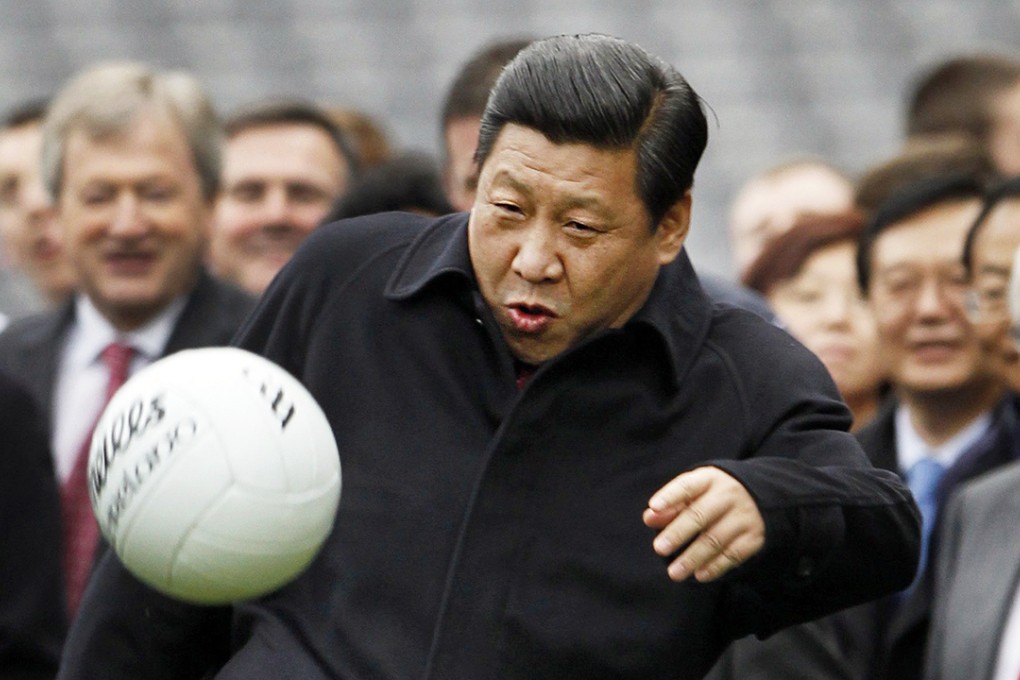How China's massive illegal betting industry threatens efforts to make sport key part of economy
Global security expert warns that US$600 billion black market remains ‘driving force’ behind sport corruption

China’s vision of transforming its sports industry into a key part of the economy is under threat from rampant illegal gambling, one of the world’s leading experts in the fight against corruption in sport has warned.
Entrepreneurs have rushed to get involved in sports, with billionaires Jack Ma Yun (Alibaba) and Wang Jianlin (Wanda) among the most high-profile, while upstart digital media companies such as LeTV are transforming a broadcasting landscape long dominated by the state’s CCTV.

The massive spending spree on footballers by Chinese Super League clubs this winter is perhaps where the impact of this rush to get on the sports gravy train has been most evident, but Chinese companies of widely varying sizes have been snapping up rights to events all over the world, investing in or buying foreign teams, sponsoring competitions, signing partnerships with sports governing bodies, etc.
Concerns over a hard landing for China’s economy do not seem to have dissuaded them – quite the opposite in fact, with many apparently keen to diversify from their primary businesses; it seems too that being seen to be involved in making the State Council’s forecasts come true is an important tool in building guanxi with government powerbrokers.